Man will never be free until the last king is strangled with the entrails of the last priest
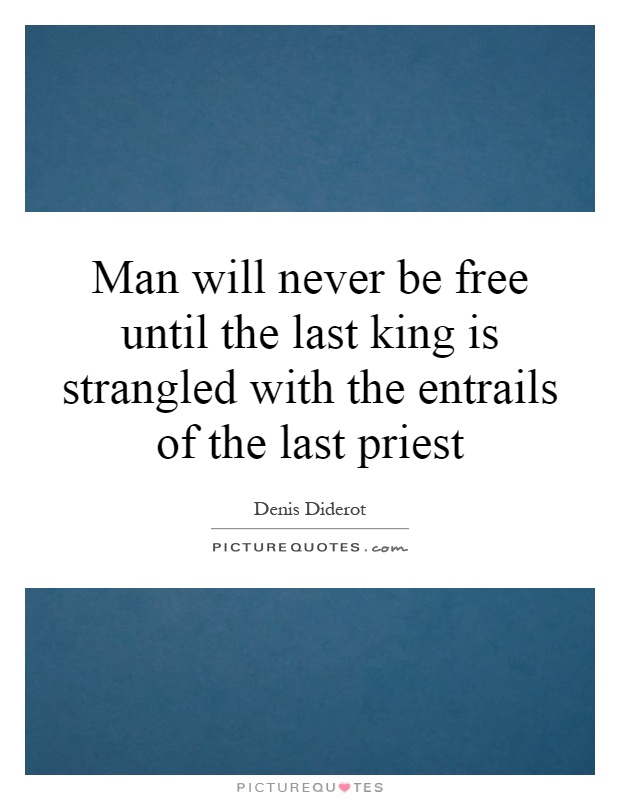
Man will never be free until the last king is strangled with the entrails of the last priest
The quote "Man will never be free until the last king is strangled with the entrails of the last priest" is often attributed to the French philosopher Denis Diderot. Diderot was a prominent figure of the Enlightenment, a period in European history characterized by a focus on reason, science, and individual rights. He was a vocal critic of the monarchy and the Catholic Church, both of which he saw as oppressive institutions that stifled human freedom.In the context of Diderot's beliefs and writings, this quote can be seen as a call for the overthrow of the traditional power structures that he believed held humanity in chains. Diderot was a staunch advocate for the separation of church and state, arguing that the influence of religion on government was detrimental to individual liberty. He also believed that monarchies were inherently unjust, as they concentrated power in the hands of a single individual or family, rather than in the hands of the people.
By calling for the strangle of the last king and priest, Diderot was expressing his desire to see a world where individuals were free from the tyranny of both political and religious authorities. He believed that true freedom could only be achieved when people were able to think and act for themselves, without the constraints imposed by rulers or clergy.
Diderot's ideas were radical for his time, and he faced significant backlash from the authorities for his writings. He was imprisoned for his controversial views and his most famous work, the Encyclopédie, was banned by the Catholic Church. Despite these challenges, Diderot remained committed to his principles and continued to advocate for a more just and free society.

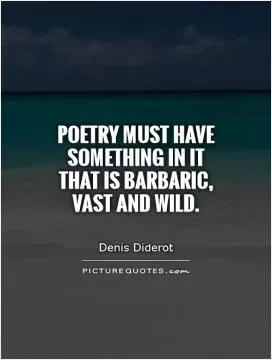
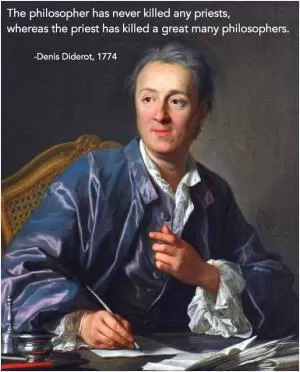



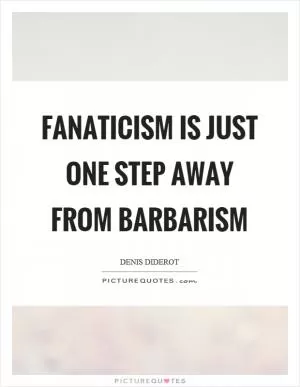
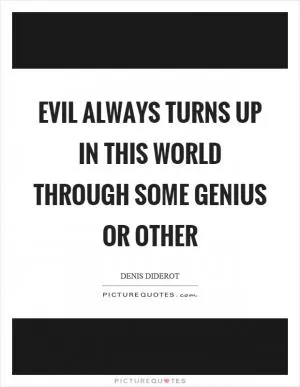



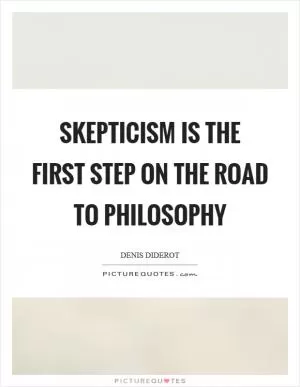
 Friendship Quotes
Friendship Quotes Love Quotes
Love Quotes Life Quotes
Life Quotes Funny Quotes
Funny Quotes Motivational Quotes
Motivational Quotes Inspirational Quotes
Inspirational Quotes